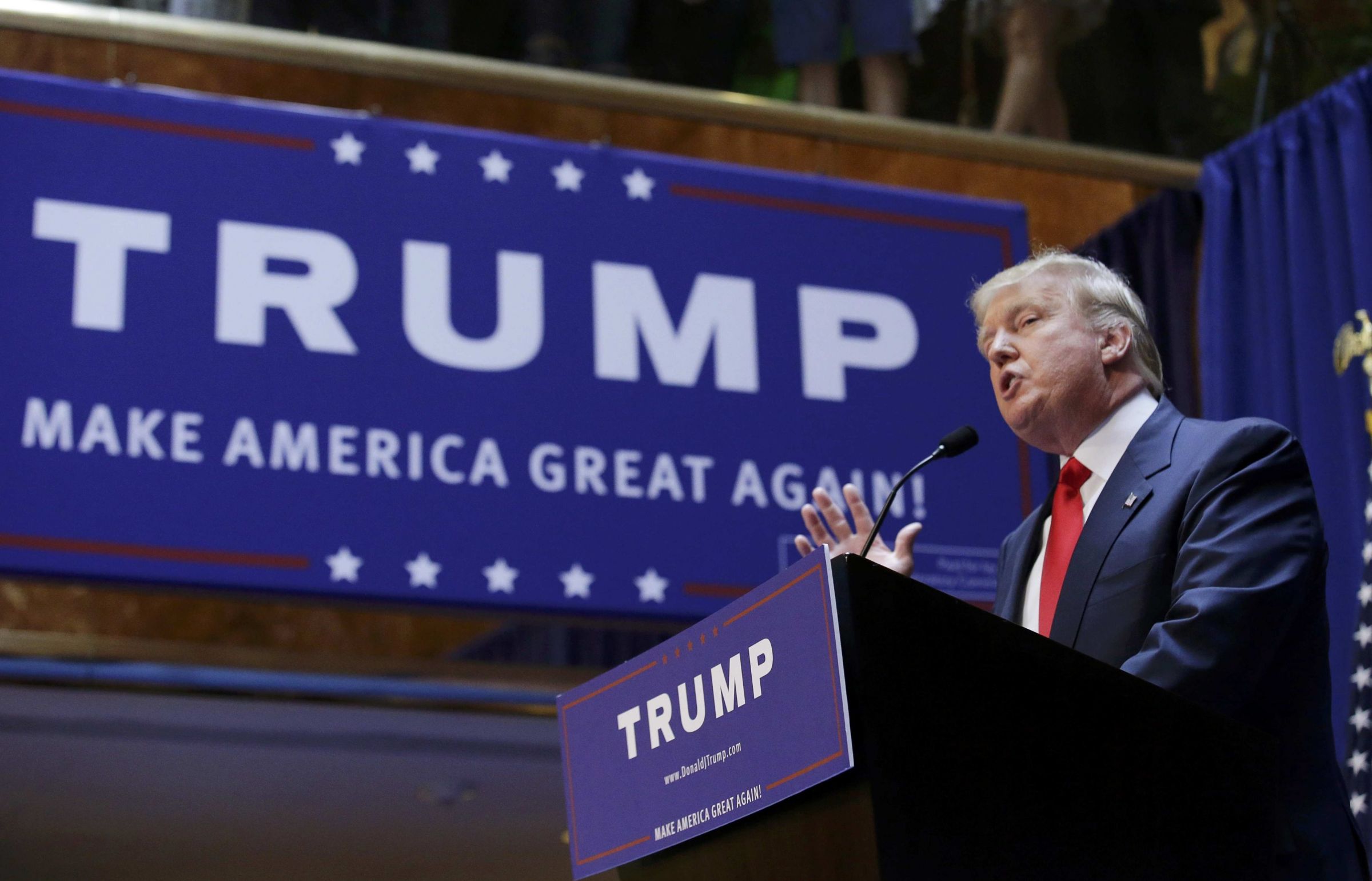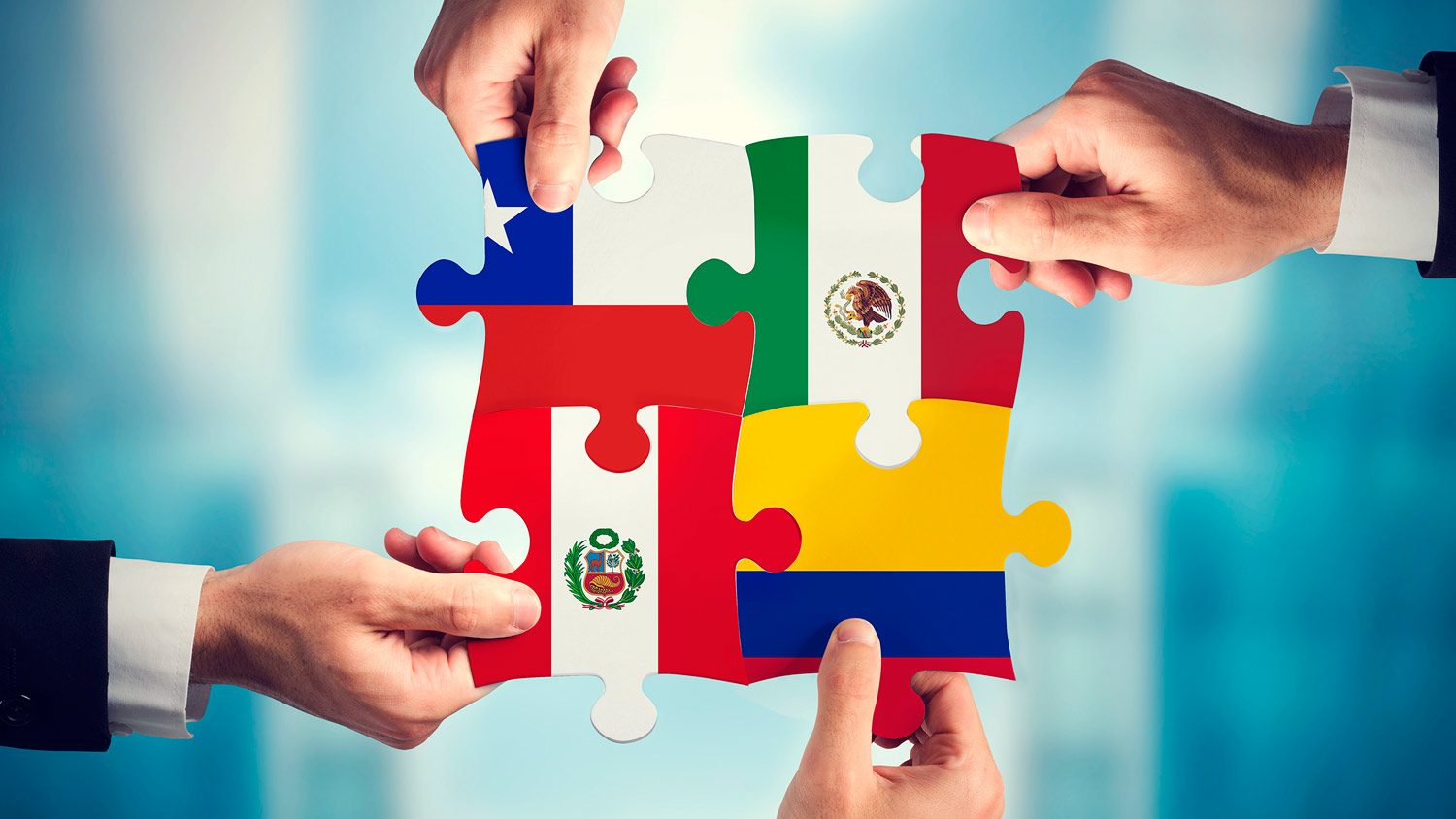What does Trump's victory mean?

What does Trump mean for the world? For Latin - America? And for Chile?
The end of Pax Americana and the beginning of America First's precepts
For starters, some honest recognition.
It would be fair to admit that political science has failed to see Trump becoming President of America. Together with their polls and prognosis, many outstanding political scientists even failed to entertain the thought Trump might end up becoming the GOP official candidate.
Experts simply failed to read into the discontent of the population over growing inequalities. Many underestimated Donald Trump’s ability to tap into the dissatisfaction of American voters who felt abandoned in the wake of intense globalization. These voters found in Trump a voice to pour their frustration over the loss of jobs in Detroit, over the stagnation in middle income and became mixed with the onset of an authoritarian mindset due to a trend of terrorist attacks on western soil after 9/11. They felt represented by a strong, simple, direct voice that promised to “cleanse the swamp” of Washington, which - for Trump and his followers - represented the liberal elites and their comfortable relationship with the spheres of economic and political power to influence policy-making in the White House.
In the end, Trump’s win to ascend to the most powerful seat had something of the populist surge. But it was also connected with nearly 30% of voters who did not turn out, pointing to a more significant variable on Election Day: “apathy”, a factor unaccounted for in the previous polls in the run-up to the presidency
The end of Pax Americana
Professor Ian Bremmer at Eurasia Group was prompt to recognize that with Trump we initiate the end of Pax Americana, i.e. the apparent end of an era where America’s foreign policy has been mostly concerned with keeping a world order based on values such as democracy and free-market. The rule-based order dating back to 1945, when America came out of isolation in the wake of WWII, sought to protect and make sure those values could spread to the rest of the world. That goal sometimes implied America had to play the role of a “policeman”, a role which cost Washington some enemies in the quest to secure global stability.
And with Donal Trump in the presidency, uncertainty has become the buzz-word of the day and questions on whether President Trump would keep his election promises or not, or if he could be “normalized” by his own Republicans, through America's institutions, its system of checks and balances and independent powers begin to be raised. In the end, the market – at first - showed signs of post-election recovery and the reaction rendered positive. Trump’s doctrine & slogan “America first” primarily means America shifts its focus to domestic policy and its main preoccupation is related to the creation of jobs and boosting the internal market. More protectionism is not a bad thing in itself, the problem is when it might affect other economies in a techno- powered 21st century, especially when it is advanced by the most powerful country in the world, the country we all depend on, at a time of intense globalization. That means we are so intertwined and connected through trade deals and commerce that just suddenly breaking the rules we all abide by, fuels the idea we are actually going to see a trade war with China and consequently a currency war, too. On that specific point Nouriel Roubini is rather pessimistic on this protectionist turn; according to the expert, the announcement of tax relief for companies, deregulation, and greater fiscal stimulus to boost investment on infrastructure is a catch-22 amidst Trump’s threats to imposing a tariff on Chinese imports to the country.
According to the author,
(…) this undesirable policy mix of excessively loose fiscal policy and tight monetary policy will tighten financial conditions, hurting blue-collar workers’ incomes and employment prospects. An already protectionist Trump administration will then have to pursue additional protectionist measures to maintain these workers’ support, thereby further hampering economic growth and diminishing corporate profits (…) (Project Syndicate, February 8th)
At this point, we have to ask ourselves what Trump’s foreign policy will look like. Trump has announced to make countries accountable for America’s past exceptionalism. Countries that have been traditionally protected by America must pay their fair share if they wish to count on NATO for security. Then, China must re-think his currency manipulation; the Iran deal must be re-assessed and North Korea must be stopped altogether. In his electoral promise to safeguard his countrymen against the threat of terror, his view on ISIS is that terrorists must be dealt in coordination with Russia, a new reset of relations amidst allegations of Russian cyber hacking and their meddling into the elections to favor Trump’s campaign. His particular way to conduct foreign affairs by using twitter has been a new trait in dealing with the international community and firms. Countries like Iran or China have also resorted to responding on twitter with a belligerent tone.
This is the new diplomatic interaction we have seen under Trump’s style in alignment with Make America Great Again, his campaign slogan.
It would be safe to say that the biggest beneficiary seems to be China with a nativist America. There is a vacuum to be filled by China in the Asia-Pacific trade area. Once Trump pulled from the TPP, China gave signs to champion the banner of globalization (as announced in Davos 2017 - Trump did not attend) and invigorate its position by filling the void, with the 11 or 10 remaining countries involved in the original mega-bloc. The TPP had been sponsored by America to counterbalance China’s rising power under Obama's administration. Now China can easily bring Asian countries into the so-called RCEP accord which is roughly the Chinese version of the American-sponsored TPP.
Some analysts like Thomas Friedman views Trump’s announcement to discard TPP as a bad strategic decision in order to deal with China, because TPP had been inspired by strong, sound American rules, to boost transparency, to enforce high standards on labor and copyright. Others scholars view this stance as part of a revolt against the status quo and the establishment in order to set the score right and protect citizens against the negative impact of transnational deals, namely winners and losers of a globalized market. Therefore, what really matters for Trump's constituency is "identity" rather than "liberty" for companies to choose where to move their factories. The stick and carrot scheme seems to be working with some companies such as Ford for instance and others that agreed to save jobs on American soil rather than in Mexico.
What is Trump's revolt against the establishment?
Apart from the obvious economic, trade implications revised above, there are rising tensions between USA- Mexico over the revision of NAFTA under threats of a wall to be built to stop illegal migrants and drug trafficking which should be paid by Mexico, via import-taxes, there is some worrying animosity between USA-Iran over the comments made by Trump over the Iran deal brokered by Obama and between USA-EU over Trump's criticism towards Merkel's open-doors policy to accept immigrants and refugees from the Middle East. This is adding to frictions between USA-China over Trump’s conversation by phone with Taiwanese President which meant a break in diplomacy over the One China Policy.
Therefore, the end of Pax Americana has also included in its wake, an inward-looking policy which might turn out just fine if both fiscal stimuli is done with care and trade deals are renegotiated under fairer terms to minimize the losers of globalization, but there is also a failure to read that despite protectionism, the biggest threat to jobs today is the inexorable advance of a new wave of technological breakthroughs namely artificial intelligence and the consequent disruption of jobs.
Protecting the borders:
The Muslin-ban (still on suspension by Federal Court today Feb 8th) which had impeded access to American soil to citizens from 7 Muslim countries, such as Syria, Irak, and Iran, is intended to guarantee America's safety against terror at all costs but it has also seen the mobilization of citizens against it, the disruption in airports, and protests in the United States. The ban which is in accordance with electoral promises to make America safer has prompted concern from the international community and the United Nations. The restriction at the border had also affected professionals and students visiting those countries when the ban was implemented.
Collaterals:
And it just so happens that some of these banned citizens hold key positions in tech companies such as Facebook, Oracle, Apple to begin with. Protests gathered momentum following the presidential executive order. CEO's in these companies have announced they would be suing the government on unconstitutional grounds. The media portrayed the case of Steve Jobs, for example, who was the son of a Syrian refugee and became Apple's successful CEO; then Silicon Valley is known for its many bright minds coming from foreign countries. There is agreement that America has been forged with the contribution of immigrants who have added to is grandeur in terms of intellectual, technological and inventive edge, therefore restricting entry to talented foreigners from entering the country might be read as the opposite of a boost in American leadership.
What are the implications for Chile?
Chile announced they would be pulling out from the TPP on Jan 23rd. Chilean Foreign Minister Heraldo Muñoz said the TPP is no longer feasible without the sponsorship of the USA and the rules-based project as originally drafted can not be negotiated under different terms. Therefore, governmental authorities and local entrepreneurs are joining a summit in the city of Viña del Mar later in March to discuss the future expansion of Chilean deals worldwide, with further integration into the Asian-Pacific area and also with the Chinese markets from now on. At the APEC summit in Peru early this year, Xi signed many commercial deals with Latin American countries, once again China filled the void to their advantage.
Some conclusions:
America has one of the most resilient democracies, an economy in recovery and an enviable position to exert power today. Trump promised to bring change to those without a voice. If America first is successful, then it is a political formula to be exported to the world, bringing a new era, one that saw the end of a paradigm where capitalist forces had the final say to give way to "people's say". This revolt means revolution and that is what we have been experiencing. All actors must contribute, so our planet, sustainability, care for the environment and minority voices are also heard and included in this quest.
Soledad Soza
February 8, 2017
